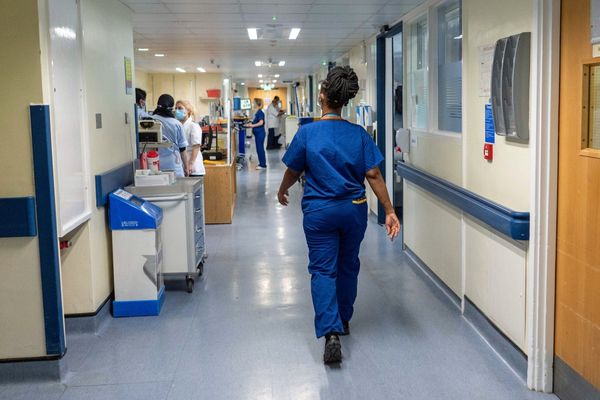
Young activists attending the United Nations climate talks are facing immense challenges and losses due to the impacts of climate change. Many have experienced personal tragedies, such as the loss of loved ones, homes, and connections to their native lands. Despite these hardships, they remain hopeful for a better future.
One activist, who witnessed devastating typhoons in the Philippines at a young age, emphasized the need for concrete actions rather than being mere symbols. However, the current political landscape poses challenges, with fewer world leaders attending the summit and growing uncertainty in key countries like the U.S. and Germany.
For many youth, participating in the climate talks is a struggle due to limited access and authoritarian restrictions on protests. The United Nations recognizes the importance of youth voices in climate discussions and is working to integrate them into decision-making processes.







Children are disproportionately affected by climate change, facing health risks like heat-related illnesses and malnutrition. Despite efforts, progress on climate action has been slow, leading to frustration among young activists who feel the weight of advocating for change without seeing tangible results.
One activist from the Maldives shared her fears of losing her island home to rising sea levels, highlighting the personal stakes involved in climate advocacy. Another activist from Colombia stressed the need for adults to support children in their fight for a sustainable future.
As young activists continue to push for climate action, they call for meaningful engagement and concrete measures to address the urgent challenges posed by climate change. Their determination and resilience serve as a driving force for global climate action.







